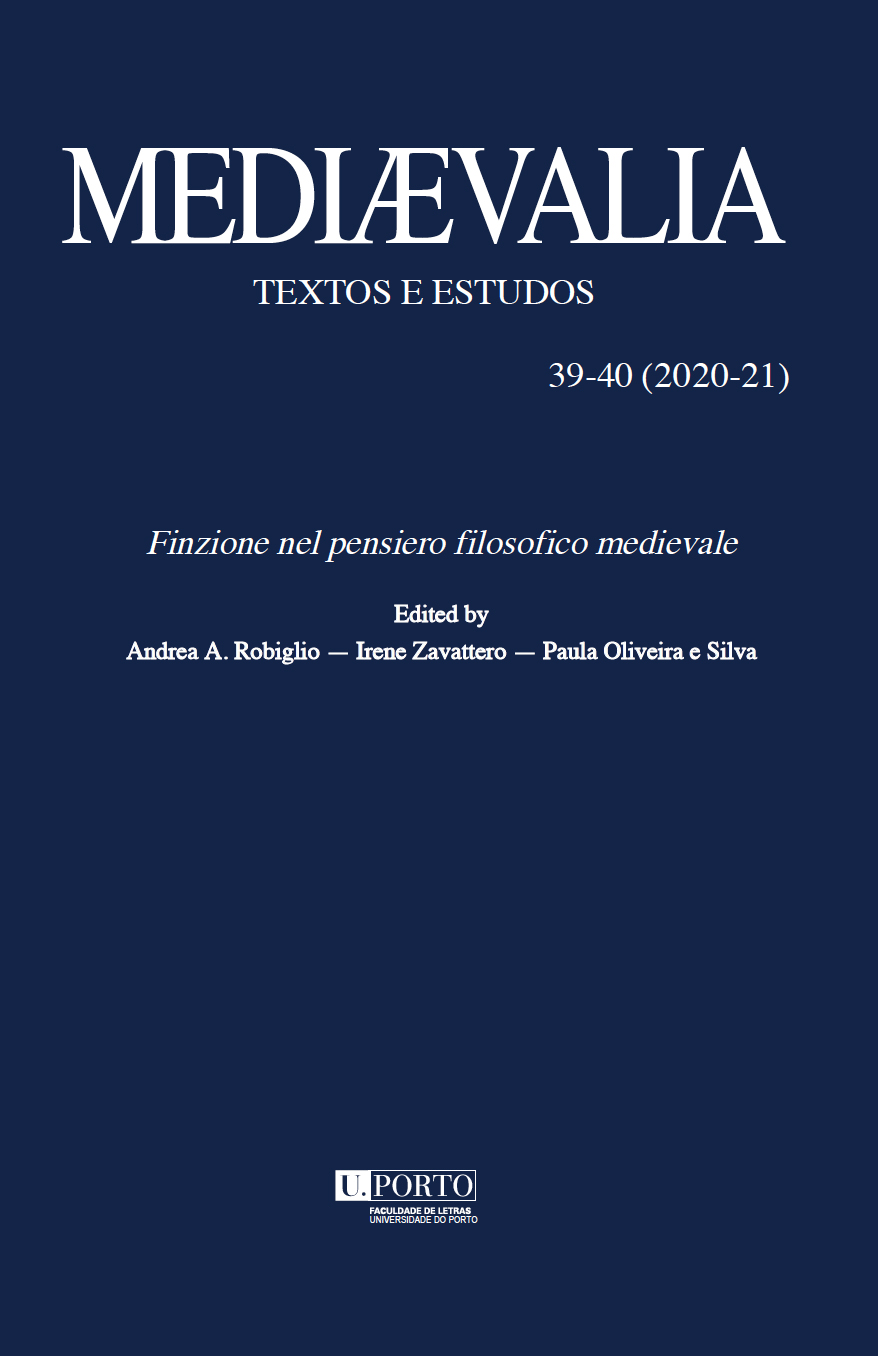Fiction and truth: some essential examples in Arabic philosophy
Abstract
Starting with some well-known examples of fiction in the Arabic philosophical tradition - such as the ‘Flying man argument’, the so-called ‘visionary tales’, the Epistle of Ḥayy ibn Yaqẓān and some issues related to imagination (prophetic vision, metaphor), the article offers a brief analysis of the role of fiction in the Arabic philosophical tradition and its implications for philosophy and religion. The definition of fiction concerns the role of prophecy and the relationship of the philosopher - a wiseman - with the non-philosopher; it also involves the philosopher’s discourse. If, in fact, philosophy aims to be the realm of truth, fiction can have a meaning and a value (pedagogical, political, religious etc.)
only if, in some way, it contains truth. The logical issue of the relationship between imagination and thought hovers in the background.
Keywords: Avicenna, Ibn Tufayl, Averroè, tradizione filosofica araba, profezia, immaginazione.
Downloads
Published
Issue
Section
License
Copyright (c) 2023 Olga L. Lizzini

This work is licensed under a Creative Commons Attribution-NonCommercial-NoDerivatives 4.0 International License.







